IN the past three months, around 100,000 hectares of prime grazing country in NSW and Queensland worth more than $50 million has been snapped up by buyers making offers prior to assets going to auction.
Is it a short-term phenomenon during times of limited listings, or a long term trend? Is economic uncertainty surrounding COVID-19 a factor?
This week, four agents provide case studies on recent examples, and offer some insight into why some property vendors are ‘taking the early offer.’
Moseley Dene – Bruce Birch, Ray White Rural
In March, a local farming family paid a district record price prior-to-auction for one of the best mixed farming blocks near Inverell, in northern New South Wales.
Held by the Uebergang family for four generations, the Moseley Dene aggregation comprises three adjoining properties spanning 1366ha of heavy self-mulching black soil that for 100 years has achieved record breaking yields for a variety of crops.
Due to the gently undulating topography and length of river flats there is very little, if any, unproductive country.
Mr Birch said at the end of the day, it was an agent’s obligation to achieve the most money for the vendor.
“There are times when a buyer establishes themselves well ahead of the competition. At the end of the day, it comes down to money and if they are offering more than anyone else, then there are instances where it pays to close the deal,” he said.
However, Mr Birch believes vendors can at times achieve more money, and security at auction.
“The pressure on buyers is at its maximum when they know they have to bid again to purchase, otherwise they walk away without the place. It is the very nature of competitive bidding that obtains the best results, time after time,” he said.
Mr Birch said it is his agency’s view that auctions should run their full course, whenever and wherever possible.
“Market forces should dictate what the market price is. However, there will always be occasions where you have to make a judgement call, based on the best outcome for the vendor.”
“An unconditional offer will always trump conditional offers. However, sometimes the conditionality (risk) of that offer can be overcome by a significantly higher price,” Mr Birch said.
He said auctions thrive on pressure, and that pressure is double edged – for both buyers and vendors.
“Some vendors are happy to avoid the pressure of the auction and accept a pre-auction offer. No matter how much you try to persuade them that they may be leaving money in the market, they must make the final decision.”
Mr Birch said some of the strong players interested in securing Moseley Dene could only operate on a conditional basis and the vendors weren’t prepared to take that risk.
“Accepting the offer gave the vendors privacy, they knew who they were selling to, that the property would be looked after. It removed them from the pressure of the auction room so they could move on.”
He said such decisions came down to risk versus return.
“Offers well above the market are usually highly conditional and are fraught with danger. Properties are taken off the market for an extended period of time and if the sale falls through, will return to the market six to 12 months later.”
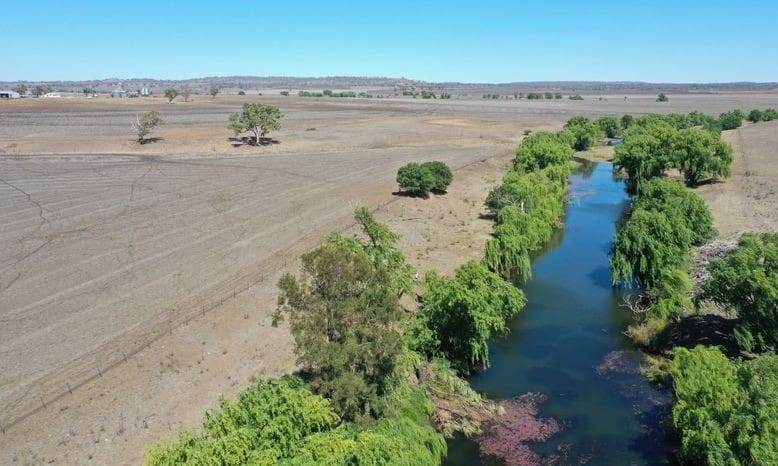
Held by the Uebergang family for four generations, the Moseley Dene aggregation is located five minutes’ drive from Inverell.
Mt Lonsdale – Ben Forrest, Resolute Property Group
In March, Chinchilla’s Peter and Shari Knudsen paid between $8 million and 10 million ($982/ha – $1227/ha) to secure the 8147ha Mt Lonsdale at Mungallala in Queensland’s south-west, bought prior to auction.
Marking agent Ben Forrest said vendors were often happy to accept an offer they liked.
“Timing is not important. If you have a buyer who is interested in making a good offer, the vendor may take ‘the bird in the hand’. There is always a risk that that same buyer will not turn up at auction.”
Mr Forrest said vendors were in the front seat, and knew what price to take.
“When a vendor goes to market, they mostly have a value in mind and if it is met early in the process, they usually take it unless they believe there is more competition to drive it higher.”
He said many pre-auction buyers liked to secure assets without the competition of an auction.
“If they make a strong offer early it may save them time and avoid the publicity of participating at auction. If vendors choose not to accept the offer, interested parties may go elsewhere and secure other country on the market.”
In terms of premiums paid, Mr Forrest said it was a judgement call.
“An offer that is accepted usually meets the vendor’s expectations. A vendor who believes more money can be made will inevitably wait for auction,” he said.
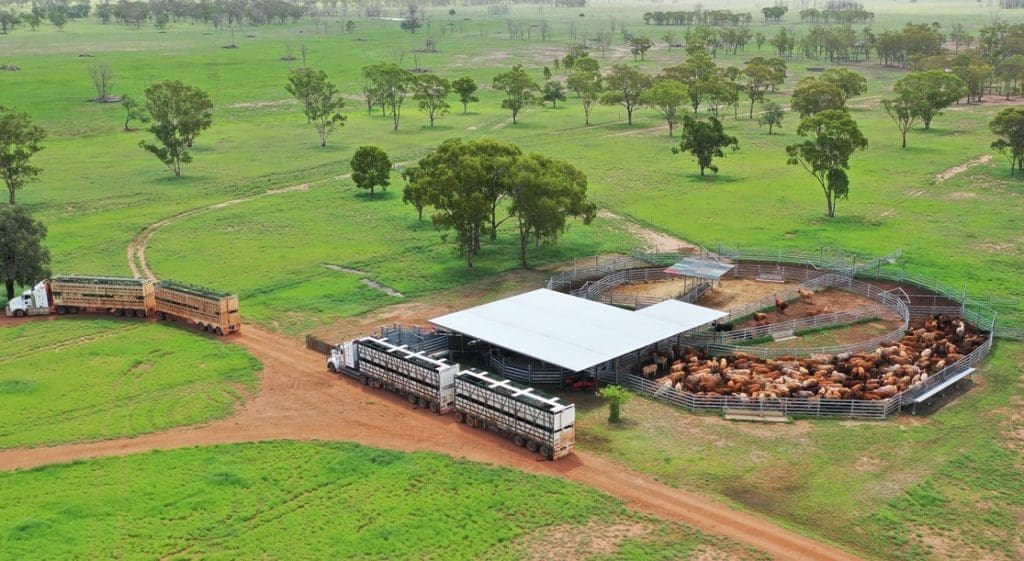
Chinchilla’s Peter and Shari Knudsen paid between $8 million and $10 million for quality grazing property Mt Lonsdale, in Queensland’s south-west – buying the property pre-auction.
Mooresprings – Henry Mackinnon, Colliers International
Last month, a record $6.011 million ($5430/ha) was paid for the highly productive livestock enterprise Mooresprings, in the tightly held Bibbenluke region of the Snowy Monaro region in southern New South Wales.
Henry Mackinnon from Colliers International said in the uncertain COVID-19 climate, there was a risk that a vendor’s expectation might not be met on auction day.
“The best way forward in this case was to encourage offers prior to auction. From day-one, competitive tension was created, motivating buyers to submit good offers,” he said.
Mr Mackinnon said the purchaser was an out-of-area investor adding to their existing landholdings.
“Privacy drives many pre-auction buyers to avoid the public saleroom process. Some hold significant other agricultural interests and do not like to be seen competing at auction. Securing a place before auction is the best way forward for them, and it also avoids the competitive tension at auction.”
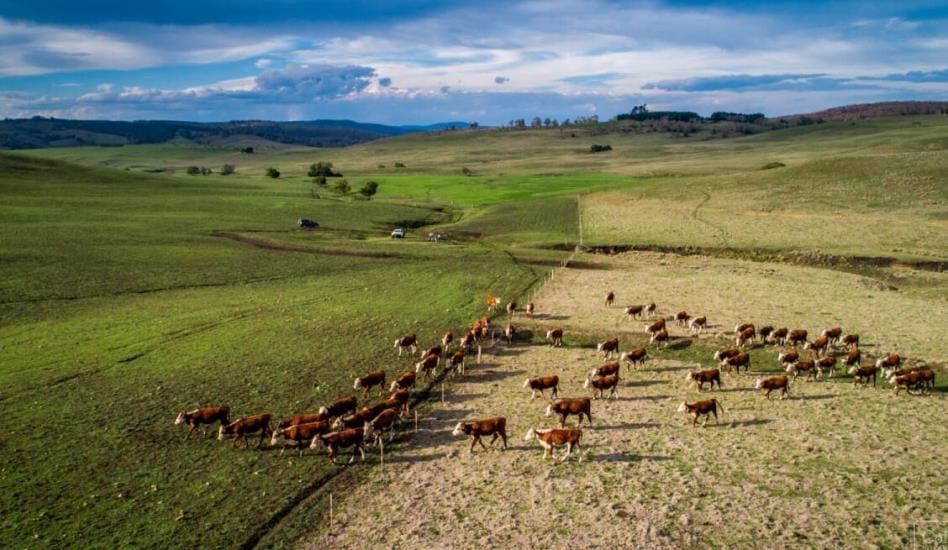
The highly productive livestock enterprise Mooresprings, in the tightly held Bibbenluke region of the Snowy Monaro in southern NSW, sold prior to auction last month
The Patrick – Des Cuffe, Ruralco
Also last month, Toowoomba grazing identity Andrew Kibble and his wife Annabelle from Tawarri Pastoral Co secured Barcaldine’s The Patrick prior to auction for around $7.36 million ($445/ha).
The Patrick is a 16,786ha central western Queensland backgrounding, breeding or trading operation that neighbours the 46,735ha Barcaldine Downs which was offered to the market in August last year by Clark & Tait – one of the oldest remaining multi-family grazing partnerships in Australia. Mr Kibble purchased the property’s stud lease for an undisclosed price.
Mr Cuffe believes the uncertain financial and economic climate this year played a part in the early sale.
“The vendors were happy with the money they were offered and when COVID-19 hit, it cemented their decision. For others, it might be prudent to take their properties to auction. Each sales campaign and circumstance is unique.”
Mr Cuffe said money was what made a pre-auction offer favourable.
“Buyers who are serious put their best foot forward and sometimes don’t turn up on the auction day. Venturing into an auction is stepping into the unknown. Nobody knows what will happen on the day.”
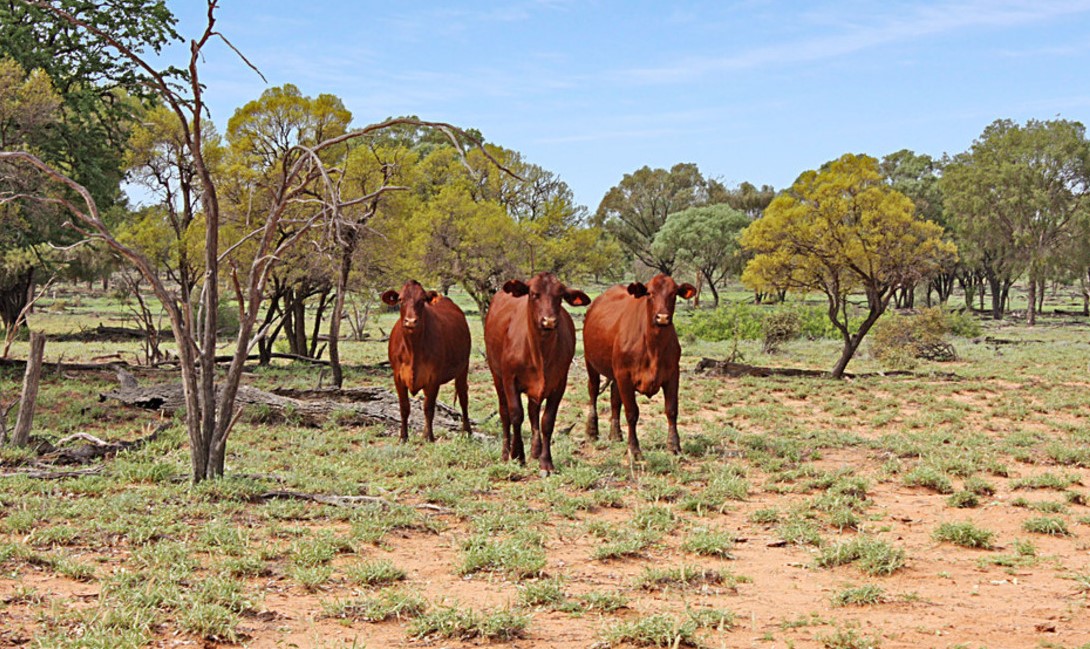
Barcaldine’s The Patrick was sold prior to auction.
Other significant recent pre-auction sales
In late March, the Arcadia Valley’s Leeora Downs was placed under contract, a week after being listed by JLL Agribusiness.
The 3560ha cattle enterprise is situated in one of the most sought-after regions for grassfed beef in Australia and was expected to achieve more than $17 million (bare) at auction.
In early May, Muttaburra’s historic Bowen Downs was snapped up prior to auction by neighbours Greg and Leanne Boyd.
The Boyd’s sold their above mentioned Leeora Downs enterprise to make possible the Bowen Downs purchase, which adjoins their four blocks to the east of the property.
Located 70km north west of Aramac and 236km from Blackall, the 62,805ha cattle and sheep aggregation consists of the 44,500ha Bowen Downs and the adjoining blocks, Camara and Wilton.
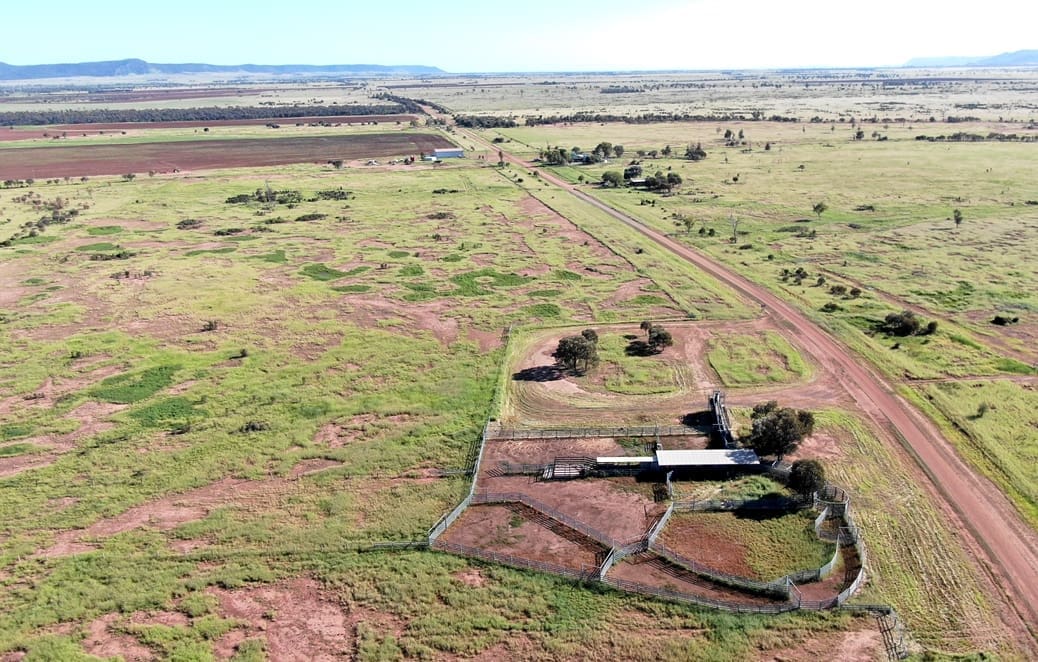
Leeora Downs is situated within Central Queensland’s tick fee zone, 65km south of Rolleston and boasts highly fertile soils and quality pastures that consistently produce premium grass-fed bullocks.
